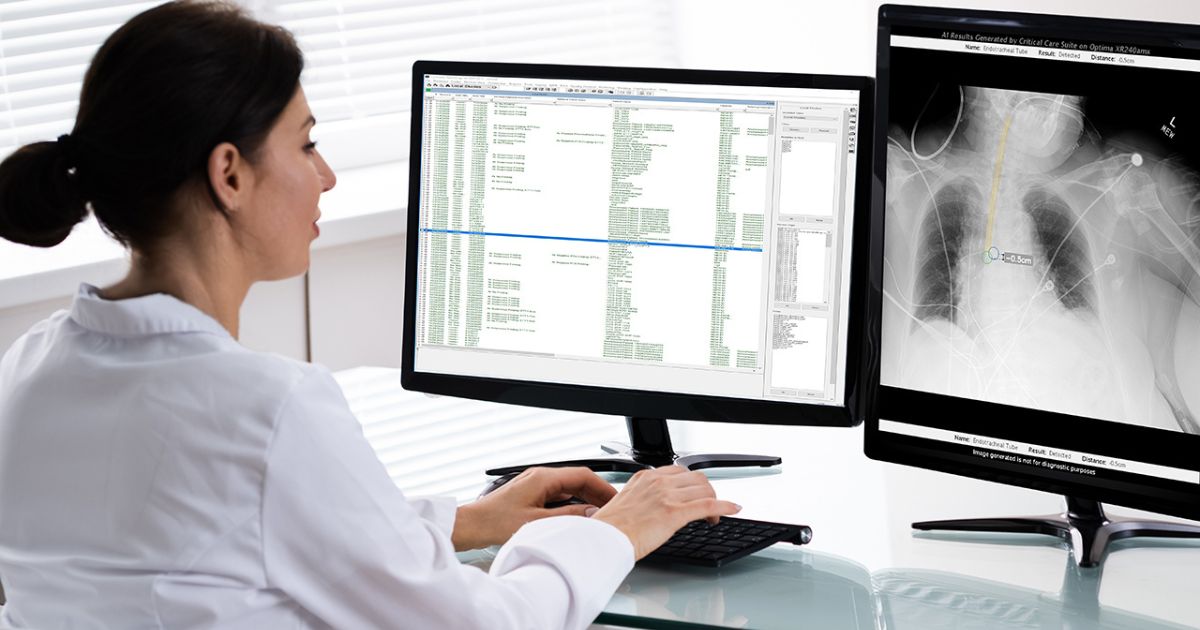New artificial intelligence technology may help reduce hospital pressure by detecting Covid-19 via X-rays. It was developed by the University of the West of Scotland.
The objective is to detect Covid-19 directly from X-ray images quickly. Additionally, the technology will assist in the detection of lung diseases such as tuberculosis and pneumonia. Researchers are still working on making it more effective against cancer. With around 98% accuracy, it detects illness quickly in just a few minutes. According to Professor Naeem Ramzan, this kind of technology is crucial for busy medical teams worldwide.
Latest Updates From Scotland
The current method for diagnosing tuberculosis and pneumonia include CT scans, X-rays, blood tests, and ultrasounds. There is no doubt that these tests require a lot of time and money. In an interview with BBC Scotland, Professor Ramzan said a diagnosis might take weeks in normal circumstances, depending on the availability of the radiologists. Due to the advent of technology, the process of detecting the disease took less time. It is therefore possible for doctors to treat the disease as soon as possible. By comparing the X-rays with thousands of images from patients with Covid, tuberculosis, and pneumonia, the technology uses X-rays for diagnosis.
A Real Prospect
Researchers are experimenting with using x-rays to detect other diseases, such as cancer. Based on an algorithm generally used to analyze images, a deep convolutional neural network was used to diagnose the patient. It is, however, relatively cheap and accessible to use X-ray technology for diagnostic purposes. It is already used by Professor Ramzan to diagnose a variety of conditions, including pneumonia, covid-19, and tuberculosis. As a result of recent advancements in artificial intelligence, automatic diagnosis utilizing chest X-ray scans has become a real possibility in medical settings. The new technology may take some time to be available to facilitate everyone.
In addition, Professor Ramzan said we would like to make it accessible worldwide to anyone, whether they are in the NHS or overseas. In some rural areas of Pakistan, the technology is still operational for diagnosing Covid-19.






